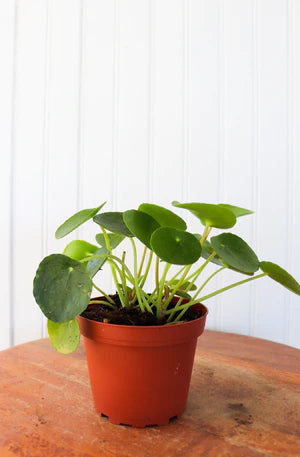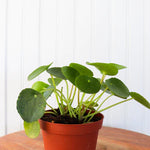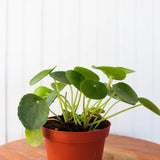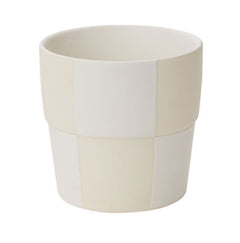Plant Care Tips
Will you pot my plant for me?
Yes! If you are purchasing a plant and pot at the same time, we are happy to pot the plant for you for no additional charge.
How often should I water my plants?
It depends on the type of plant and its environment. Most indoor plants prefer to dry out a bit between waterings, while others like moisture.
A general rule is to water when the top 1-2 inches of soil feels dry. Overwatering can lead to root rot, so it's better to under-water slightly than over-water.
How much sunlight do my plants need?
Different plants have varying light needs. Some thrive in direct sunlight, while others prefer bright, indirect light. Check the specific requirements for your plant, but in general, place sun-loving plants near south-facing windows and shade-tolerant plants in lower light areas or further from windows.
When and how should I fertilize my plants?
Fertilize during the growing season (spring and summer) every 4-6 weeks using a balanced, water-soluble fertilizer.
Reduce or stop fertilizing in the fall and winter when most plants are dormant.
Always follow the instructions on the fertilizer package to avoid over-fertilizing, which can damage plants.
How can I prevent pests from damaging my plants?
Keep plants healthy by providing the right water, light, and air circulation. Check for pests like aphids, spider mites, and mealybugs regularly.
If you spot them, wipe them off with a damp cloth or treat the plant with insecticidal soap or neem oil. Isolating new plants for a couple of weeks can also prevent pest spread.




